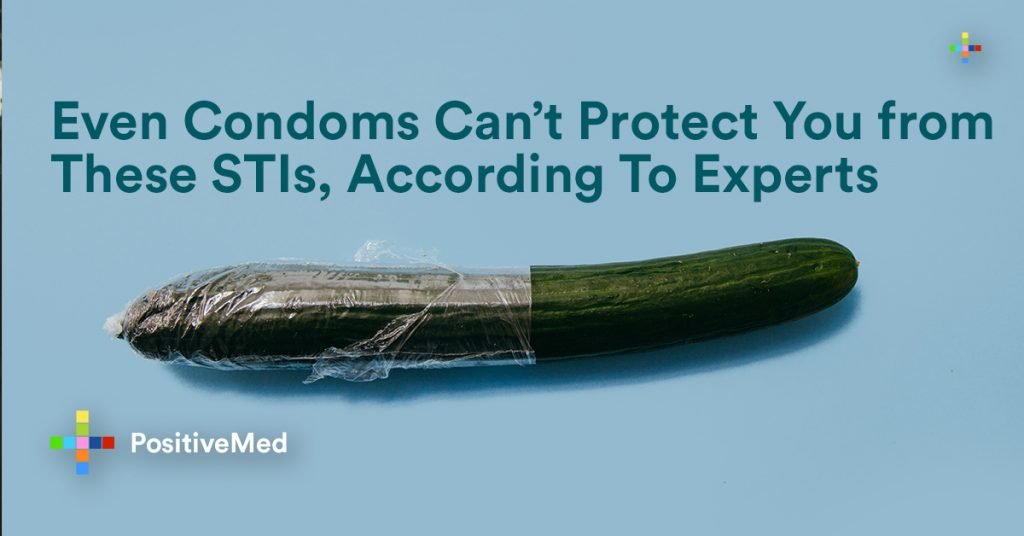Everyone knows the important roles condoms play when it comes to safe sex. Nevertheless, we can’t contest that condoms can protect you from all the risks of contracting an STI. Most people are satisfied with condoms if there isn’t a risk of contracting an STD. Still, it is important to note that some infections can be transmitted through skin-to-skin contact or in instances where condoms can’t cover an outbreak. This is in reference to Dr. Yvonne Bohn, an ob-gyn based in Los Angeles.

Let’s have a look where you have to be extra vigilant before using a condom with a new partner.
Condoms can’t prevent anal STIs
Condom use can prevent the spread of STDs that are found in secretions or ejaculate. Examples include HIV, Chlamydia, cervical human papilloma, herpes simplex, and gonorrhea. According to Dr. Bohn, STIs that can be transmitted through skin-to-skin contact are trickier. They include molluscum contagiosum, herpes simplex, and condyloma from human papilloma virus.
Dr. Bohn says that condoms don’t protect skin-to-skin contact type of diseases because it doesn’t cover the entire genital area. Plus, many people don’t wear a condom until they are ready for penetration. Additionally, there is rubbing and skin to skin contact that occurs before condom placement.
Herpes Simplex
An example is herpes simplex. It can be contracted through skin contact from shedding of the virus. She notes that it causes painful blisters and ulcers that can make its transmission easier if you have an open flare-up even if you are using a condom. This is mainly because a condom cannot cover any other exposed area around your genitals.
HPV
In a similar way, HPV can be transmitted through skin-to-skin contact. Dr. Bohn notes that HPV forms genital warts (condyloma).
She notes that it is very paramount to know your partner’s sexual history. Even if your partner doesn’t have lesions, s/he can still give you herpes. Additionally, people sometimes mistake sore for something else or may not notice any symptoms when a disease is in the early stages of development.
Related

Molluscum contagiosum
This is a pox virus that manifests through small bumps with a white head. It can be transmitted through skin-to-skin contact. According to Dr. Bohn, you can get it from wet poll decks and wet towels. If the bumps are open, you can then pass it to your partner even if you wear a condom.
Final Thought
It is important to always have a discussion before getting sexually active with a new partner even if you are planning to use a condom. While condoms can effectively prevent the spread of some STIs, skin-to-skin contact cannot eliminate all the risks.
It is also important to get regularly tested to avoid passing on an STD and prevent an infection from triggering a greater impact on your wellbeing. Seeking early treatment is crucial because some STIs can lead to complications (including infertility) if left untreated.






